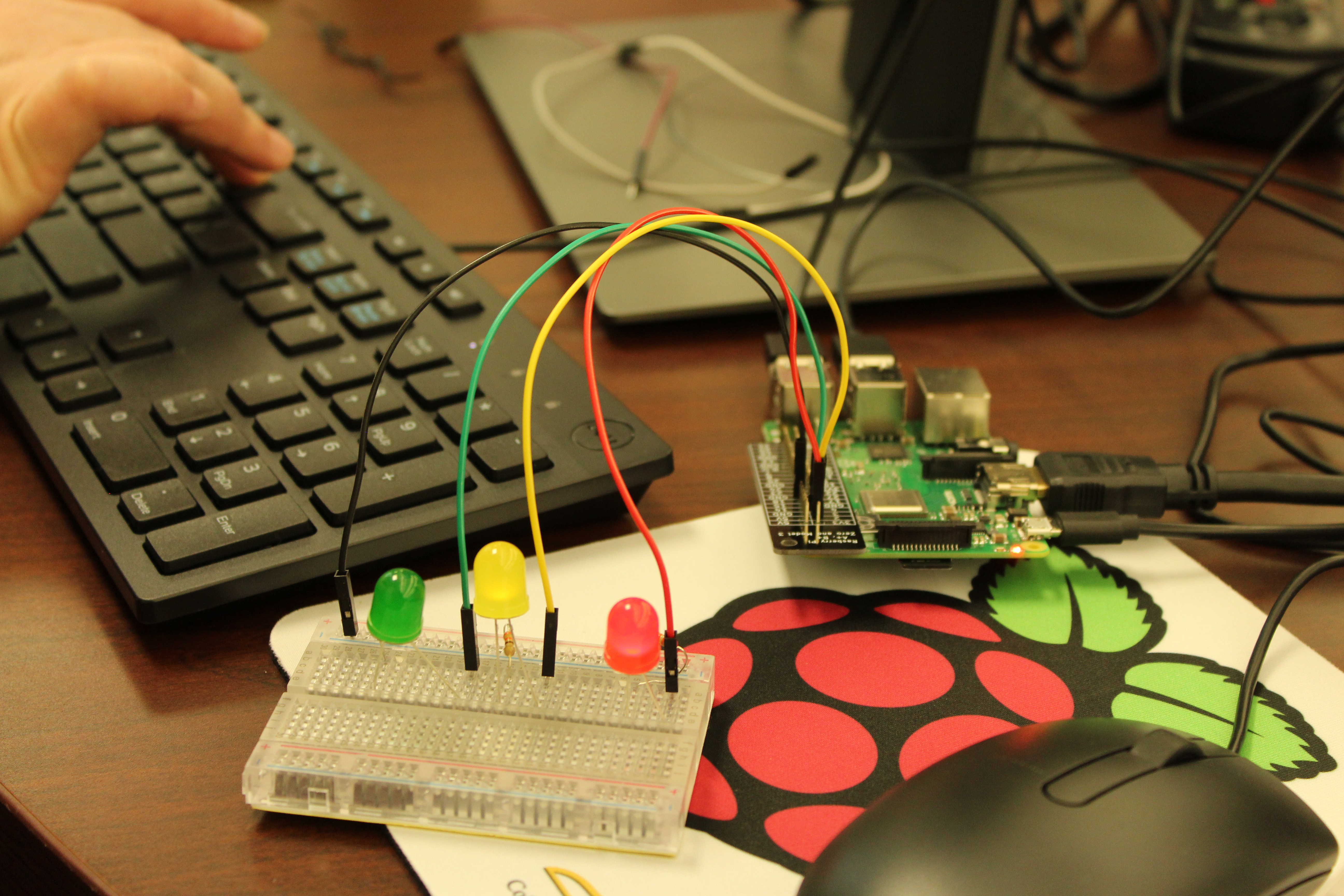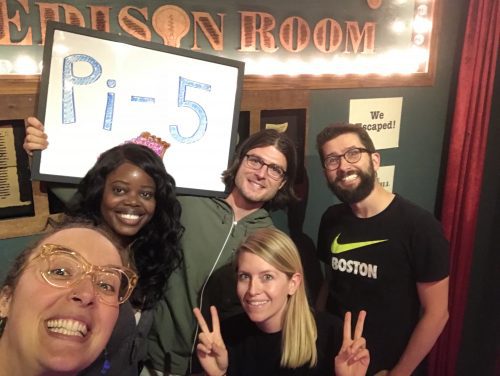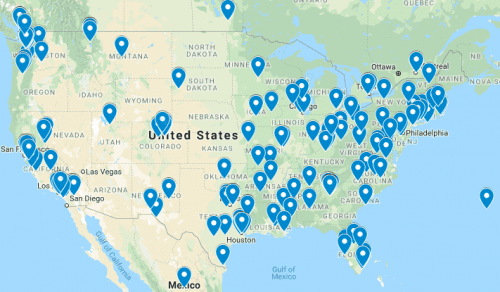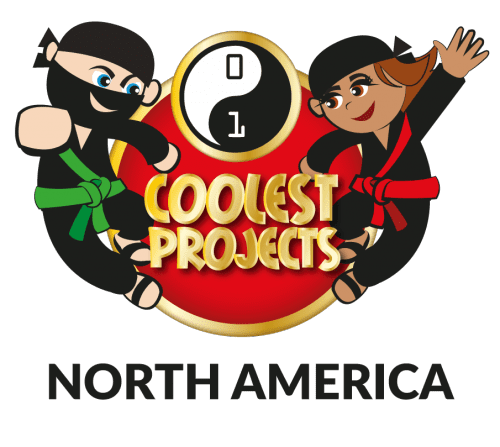Schlagwort: North america
-

CSTA 2024: What happened in Las Vegas
Reading Time: 4 minutesAbout three weeks ago, a small team from the Raspberry Pi Foundation braved high temperatures and expensive coffees (and a scarcity of tea) to spend time with educators at the CSTA Annual Conference in Las Vegas. With thousands of attendees from across the US and beyond participating in engaging workshops, thought-provoking talks,…
-

An opportunity to reach thousands with the Raspberry Pi
Reading Time: 4 minutesDr Bob Brown is a former professor who taught at Kennesaw State University and Southern Polytechnic State University. He holds a doctorate in computer information systems. Bob is also a Raspberry Pi Certified Educator, and continues to provide exceptional classroom experiences for K-12 students. The moment his students have that “Aha!” feeling…
-

Raspberry Pi vs a Raspberry Pi–powered escape room
Reading Time: 3 minutesA few Mondays ago, the Raspberry Pi North America team visited a very special, Raspberry Pi–powered Escape Room in San Francisco. Run by Palace Games, the Edison Escape Room is an immersive experience full of lights, sensors, and plenty of surprises. This is the team’s story of how they entered, explored, and…
-

Picademy North America 2018: That’s a Wrap!
Reading Time: 3 minutesHooray! We’re celebrating our third season leading educator training in North America. That’s 20 Picademy workshops in 11 cities with 791 happy teachers graduating as Raspberry Pi Certified Educators. This summer was particularly rich with successes, challenges, and lessons learned — let’s take a closer look: Andrew Collins on Twitter That’s a…
-

Announcing Coolest Projects North America
Reading Time: 2 minutesThe Raspberry Pi Foundation loves to celebrate people who use technology to solve problems and express themselves creatively, so we’re proud to expand the incredibly successful event Coolest Projects to North America. This free event will be held on Sunday 23 September 2018 at the Discovery Cube Orange County in Santa Ana, California.…




